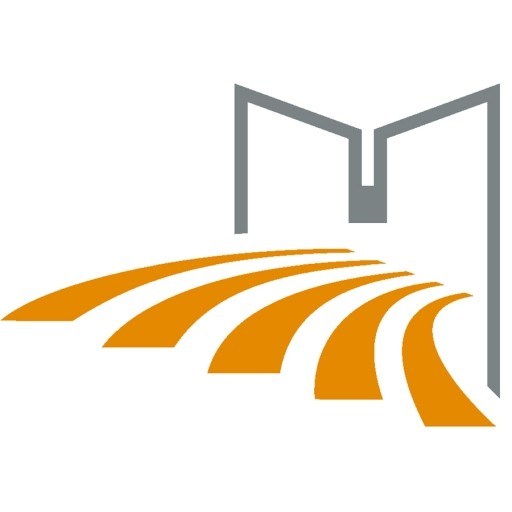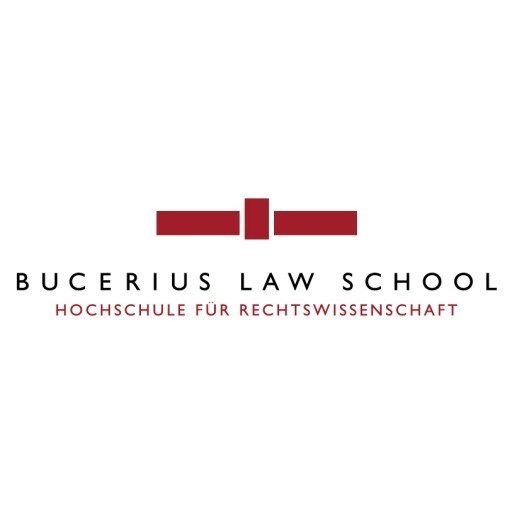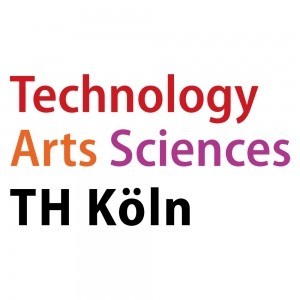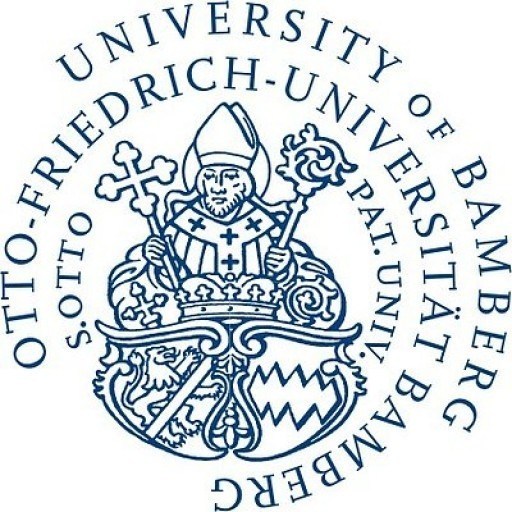The International Cultural and Business Studies program at the University of Passau offers students a comprehensive interdisciplinary education designed to prepare them for the dynamic challenges of global markets and intercultural environments. This Bachelor's degree program integrates core aspects of international business, cultural studies, languages, and communication, enabling graduates to operate effectively in diverse cultural contexts and international organizations. The curriculum emphasizes a practical understanding of economic principles, management strategies, and intercultural competencies, fostering students' ability to develop innovative solutions for global issues. Throughout the program, students engage with various disciplines such as economics, political science, sociology, and cultural studies, providing a well-rounded perspective on international relations and societal interactions.
The program includes mandatory language courses in English and other foreign languages, equipping students with excellent communication skills necessary for international negotiations and collaborations. Additionally, students have opportunities for international mobility through exchange programs, internships, and study trips, which enhance their intercultural awareness and professional experience. The University of Passau supports this by establishing partnerships with universities and organizations worldwide, ensuring students gain real-world insights and practical knowledge. The program also emphasizes the development of critical thinking, problem-solving, and teamwork abilities, which are essential skills in today's globalized business environment.
Graduates of the International Cultural and Business Studies program are prepared for careers in international marketing, diplomacy, cultural management, consulting, and other sectors requiring intercultural competence and economic expertise. They are also well-equipped to pursue master's programs in related fields, further advancing their academic and professional careers. The university's supportive learning environment, combined with its focus on interdisciplinary and intercultural education, ensures that students are ready to meet the demands of a rapidly changing global world.
Educational organisation
Your performance throughout the programme is evaluated by way of module assessments. In order to obtain the degree, you must pass a certain number of prescribed modules. However, you will be given the freedom to decide at which point in your degree programme you wish to complete specific modules.This also means that you need to rely on your organisational skills as you will have to put together your own timetable every semester, avoiding timetabling conflicts between courses that may be administered by different faculties. Nonetheless, the student committees and other units of the university will be on hand to advise you on timetabling issues and module selections.
Study abroad unit(s)
Students in this programme are strongly encouraged to spend a portion of their studies abroad to study at one of our numerous worldwide partner universities, gain work experience or complete one of our international double-degree programmes offered in co-operation with the universities of Stirling (Scotland), Aix-en-Provence (France), or Istanbul (Turkey).Students are responsible for the preparation and organisation of their periods of study or work abroad. However, general information and assistance in selecting scholarship programmes as well as information about our partner universities and exchange programmes is available from the International Office.
For more information, please write international@uni-passau.de or visit our website
http://www.uni-passau.de/en/international/.
Information and contact addresses regarding internships are available from the Careers Service
careerservice@uni-passau.de
http://www.uni-passau.de/en/careerservice/
Internships
There is no formal internship requirement for students completing this programme.If you wish to complete a voluntary internship, you are responsible for searching for an internship, clarifying the outline and making all necessary arrangements. We recommend that students complete an internship, as it allows them to gain valuable work experience in a selected occupational field whilst still at university, while at the same time offering them the opportunity to apply their knowledge and skills acquired in their studies. This also allows them to reflect upon their career aims and establish contact with potential future employers.
Your primary contact for all employment-related matters is the Careers Service.
For more details, please see: http://www.uni-passau.de/en/careerservice/
Forms of assessment
Courses and seminars operate on the assumption that students will do a good deal of preparation and follow-up work outside of the classroom. They will receive some support from the respective lecturers but, nevertheless, conduct this work independently.Modules are assessed during or at the end of each semester. European Credit Transfer and Accumulation System (ECTS) credits are awarded when the respective module has been passed and the required coursework submitted. Assessments and coursework are usually graded. The forms of assessment include written and oral examinations, student presentations and written reports, essays and papers, or a combination of the above. A thesis must be written as part of the programme.
Course objectives
The programme enables students to analyse essential issues in cultural and business studies within an international, global context and to identify interdisciplinary solutions for problems in intercultural communication. They receive a thorough training in intercultural awareness as well as in the language(s), structures, living conditions and cultural manifestations of a given cultural area. Apart from the expertise in cultural and business studies, students acquire a set of social key qualifications due to the structure of the programme, as they need to work independently and to take responsibility for their own work. Students gain communicative competence in addition to their competence in foreign languages. They also gain a thorough knowledge of a specific cultural area, as specialist training is provided in management and intercultural communication. Furthermore, the programme encourages student mobility as well as teamwork and provides students with the competences and abilities to interpret different economic and cultural phenomena. Graduates are thus qualified for employment in industry, tourism, insurance companies, financial institutions, PR agencies, in the civil service and in academic research.Language requirements
A good command of at least one foreign language at the level of UNIcert® III or C1 of the Common European Framework of Reference for LanguagesInternational students are encouraged to apply provided they have a good command of German, certified with level TDN 4 TestDaF.
Required DSH / TestDaF
YesAcademic requirements
To apply, you need to have a good first (undergraduate) degree gained after a standard period of three years' full-time study with a cultural studies and business/economics focus. You must have received an average mark of 2.5 or better according to the German marking system (or the relevant foreign equivalent) or be ranked among the best 50% of your cohort.You should also have:
a minimum of 40 ECTS credits in business administration
a minimum of 40 ECTS credits in a subject included in module group B (see 'description of content' above)
For an overview of the German marking scale, please visit http://www.uni-passau.de/en/international/coming-to-passau/information-for-new-students/marking-system/.
Since German is the main language of instruction for this programme, you will need to have good German language skills. Therefore, you will have to provide a recognised German language certificate when enrolling in the programme, unless you can demonstrate that you have completed your secondary school education in German (e.g., Abitur at an international school).
Enrolment fees
The enrolment fee amounts to 70 EUR per semester. This comprises the student association contribution of 52 EUR and the semester bus pass, which costs 18 EUR.Costs of living
As a bare minimum, you should budget for about 660 EUR per month for accommodation, food, transport and other activities. Your actual expenses will vary depending on your lifestyle. Here is a breakdown of typical monthly expenses:Rent: 180-350 EUR
Food: 150-250 EUR
Public transport: included in the semester contribution
Books/other: 50-100 EUR
Job opportunities
For international students, a dedicated career adviser is on hand. The iStudi Coach will answer all of your questions about finding work or placements in Germany or abroad.http://www.uni-passau.de/en/istudi/
Please note that students from non-EU countries must apply for a work permit at the national job centre if they would like to work more than 240 half-days per year. Students from EU member countries do not require a work permit.
Funding opportunities within the university
In general, scholarships are awarded on the basis of academic performance; applicants' financial situations are only taken into consideration to a minor degree and scholarships (especially those from the university) are not usually awarded before the commencement of studies. If you intend to apply for a scholarship while you are still in your home country, please contact the German Embassy or the German Consulate at your earliest convenience.http://www.uni-passau.de/studium/waehrend-des-studiums/kosten-finanzierung/stipendien/
Arrival support
Twice a year, at the beginning of each semester before lectures start, the International Office holds orientation weeks for new international students. These are designed to help students settle in, make new friends quickly, and get to know important contact people. All international exchange students are required to attend the orientation weeks, and attendance is strongly recommended for international degree-seeking students.For more details, see: http://www.uni-passau.de/en/intl-orientation-weeks/
Services and support for international students
The International Office provides advice, information and assistance. Under the student buddy scheme, each international student is paired off with a German student buddy who helps the international student with all organisational and personal matters.For more information, please see http://www.uni-passau.de/international or write to international@uni-passau.de.
Accommodation
Most students in Passau live in privately rented flats, often shared with other students. A number of rooms are also available in our halls of residence. Some of these halls of residence are within walking distance of the university and others are more conveniently reached by bicycle or bus. However, all of our halls of residence are less than thirty minutes from the university.A room on the private market costs about 200-350 EUR a month. Landlords usually require a deposit of one or two months' rent when you move in, which will be returned to you at the end of the rental period, provided you leave your room in good condition.
The International Office can arrange for accommodation for either six months (one semester) or one year (two semesters). However, this service is subject to availability.
Rooms in halls of residence cost 200-270 EUR per month. These are fully furnished, with kitchen and bathroom facilities.
For more details, see: http://www.uni-passau.de/en/study/campuslife/accommodation/








